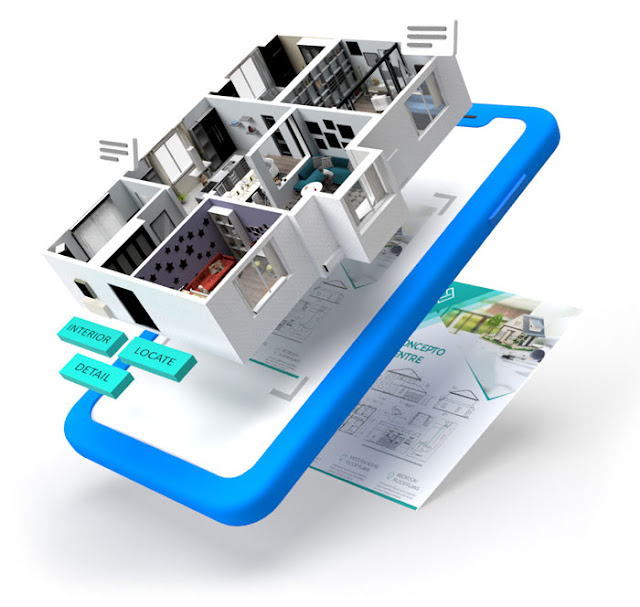Exciting World of Virtual Reality Development
In recent years, virtual reality (VR) has transitioned from science fiction to a tangible and immersive technology that is revolutionizing how we interact with digital content. As VR continues to gain traction across various industries, the demand for skilled virtual reality developers is on the rise. Let's dive into the exciting realm of VR development, exploring its applications, challenges, and the future it holds.
Understanding Virtual Reality Development
At its core, virtual reality development involves creating immersive digital experiences that simulate real-world environments or scenarios. This process requires a multidisciplinary approach, combining elements of computer graphics, programming, user interface design, and human-computer interaction.
VR developers leverage specialized software tools and programming languages to build interactive 3D environments, design realistic avatars and objects, and implement complex algorithms for tracking user movements and interactions. Additionally, they must consider factors such as user comfort, performance optimization, and compatibility with VR hardware devices.
Applications of Virtual Reality
The applications of virtual reality span across a wide range of industries, from entertainment and gaming to healthcare, education, architecture, and beyond. In the gaming industry, VR offers players a truly immersive gaming experience, allowing them to step into virtual worlds and interact with characters and objects in ways never before possible.
In healthcare, VR is being used for medical training simulations, surgical planning, and therapy treatments. VR environments can simulate high-pressure scenarios, such as emergency room situations or surgical procedures, allowing medical professionals to practice their skills in a safe and controlled environment.
In education, VR has the potential to transform how students learn by providing immersive and interactive experiences that bring educational concepts to life. Whether exploring ancient civilizations, touring the human body, or conducting virtual science experiments, VR enables students to engage with subjects in a way that traditional methods cannot match.
Challenges and Considerations
While the potential of virtual reality is vast, VR development comes with its own set of challenges and considerations. One of the primary challenges is achieving optimal performance and realism while minimizing motion sickness and discomfort for users. VR developers must carefully optimize their applications to ensure smooth frame rates, low latency, and realistic physics simulations.
Another consideration is the hardware requirements and compatibility of VR devices. As VR technology evolves, developers must stay up-to-date with the latest advancements and design their applications to support a variety of VR headsets and input devices.
Moreover, designing intuitive user interfaces and navigation systems is crucial for ensuring a seamless and enjoyable user experience in VR environments. Developers must consider factors such as spatial awareness, hand tracking, and gesture recognition to create interfaces that are both intuitive and efficient.
The Future of Virtual Reality Development
As VR technology continues to evolve, the future of virtual reality development holds endless possibilities. From advancements in hardware, such as more immersive headsets and haptic feedback devices, to breakthroughs in software, such as realistic AI-driven simulations and social VR experiences, the potential for innovation in VR is limitless.
Furthermore, as VR becomes more mainstream and accessible, the demand for skilled virtual reality developers will only continue to grow. Whether creating immersive gaming experiences, innovative educational tools, or cutting-edge training simulations, VR developers play a crucial role in shaping the future of this exciting technology.
Conclusion: Embracing the Virtual Frontier
In conclusion, virtual reality development represents a thrilling frontier of technological innovation with far-reaching implications across various industries. From gaming and entertainment to healthcare, education, and beyond, VR has the power to transform how we experience and interact with digital content. By embracing the challenges and opportunities of VR development, developers can help pave the way for a future where immersive virtual experiences are not just a novelty, but a fundamental part of everyday life.


Comments
Post a Comment